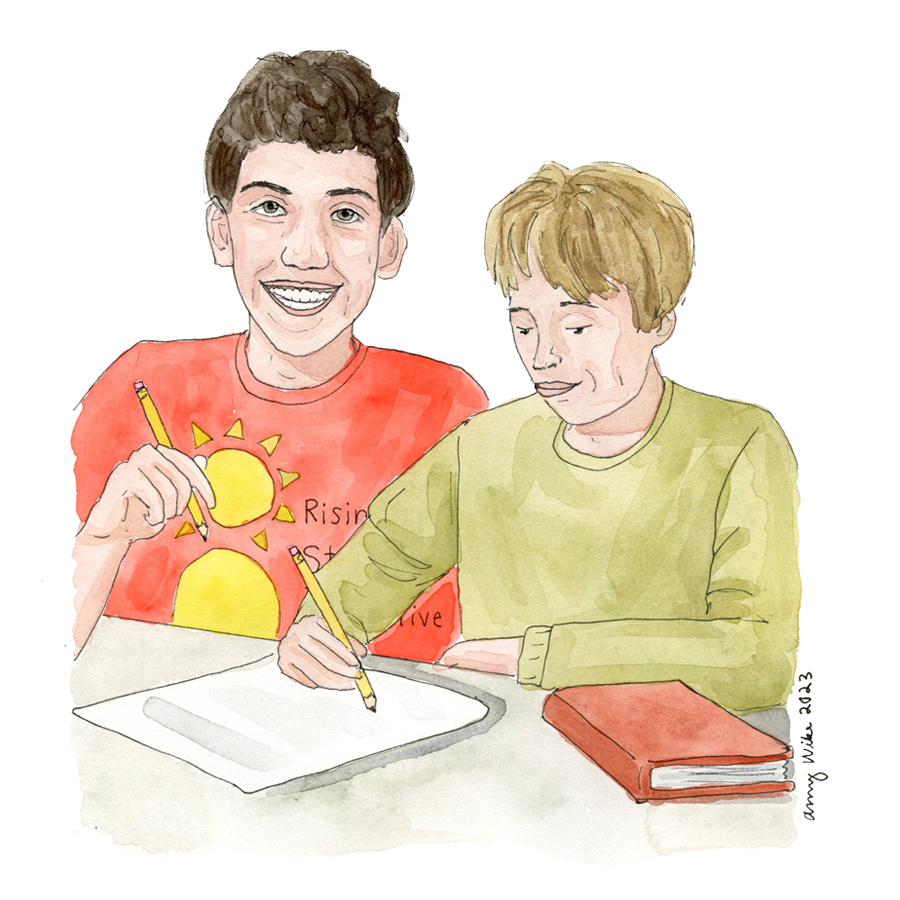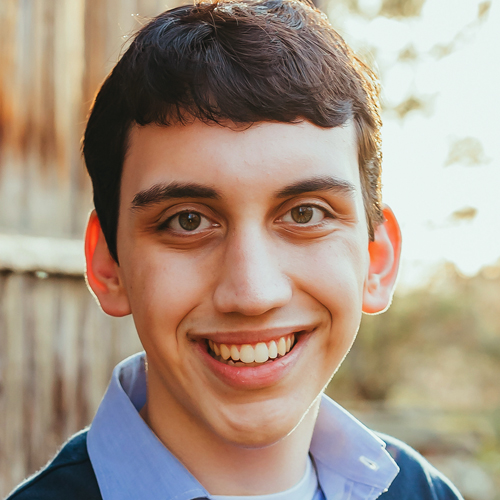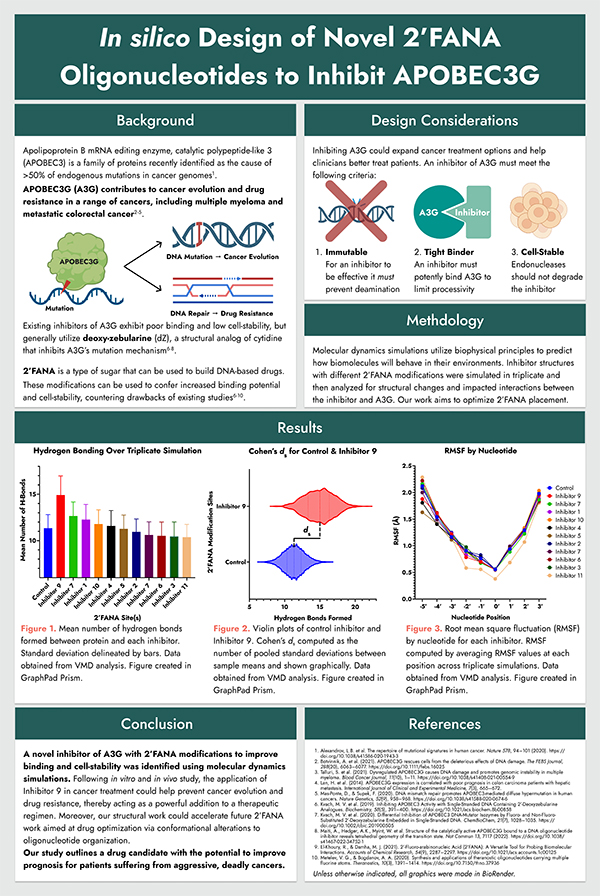Diego Emilio Suchenski Loustaunau
Massachusetts Academy of Math & Science
Worcester, Washington
About Diego Emilio Suchenski Loustaunau
Diego used computational biochemistry to simulate an improved drug to target a family of proteins directly involved in the DNA changes that cause cancer cells to undergo rapid growth and develop resistance to medications. Future studies based on this method of anticancer drug development may lead to more effective treatment options.
In silico Design of Novel 2'FANA Oligonucleotides To Inhibit APOBEC3G
View PosterDiego Emilio Suchenski Loustaunau, 17, of Worcester, sought methods to improve the efficiency of cancer-fighting drugs for his Regeneron Science Talent Search biochemistry project. Cancer cells undergo multiple and frequent DNA changes that may cause rapid growth and drug resistance. A group of proteins called the APOBEC superfamily are responsible for over half of these damaging DNA changes. Diego used computational biology to design versions of inhibitors of the specific protein APOBEC3G. He simulated adding fluorine to oligonucleotides containing the anti-mutagenesis drug zebularine and found it improved the drug’s ability to lock on to the dangerous protein and thereby prevent cellular DNA changes. Future experiments and refinement of these inhibitors may help researchers develop more effective cancer treatments.
The son of Kathleen Suchenski and Esteban Loustaunau, Diego is involved in many clubs at the Massachusetts Academy of Math & Science, but a favorite pastime is writing. “Whether it’s short stories that project surrealism into my emotions, vignettes about chemical groups, or even poetry about napping, writing has helped me make sense of so many different parts of my life and the world.”
Beyond the Project
Two summers ago, Diego examined health disparities affecting Hispanic women with breast cancer, looking for both social and genetic factors that affect patient outcomes.
FUN FACTS: Writing is Diego’s favorite pastime. Whether it’s a surrealistic short story, a vignette about chemical groups or a poem about napping, writing is his research medium for problems science cannot answer.


